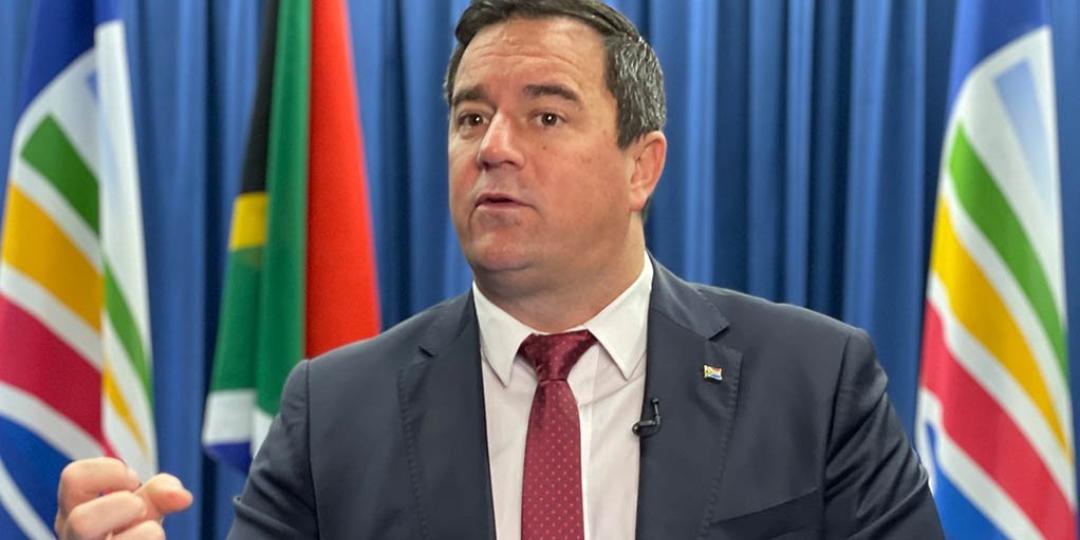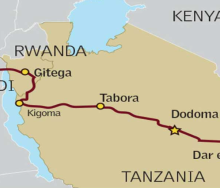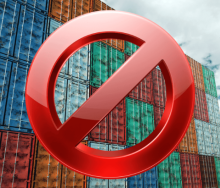The Democratic Alliance will file a High Court application to interdict Eskom from implementing its massive double-digit electricity price increase in 2023.
DA leader John Steenhuisen said on Tuesday that he had instructed the political party’s attorneys to file court papers seeking an interdict to prevent the parastatal from going ahead with its planned price hikes.
This comes after the National Energy Regulator of South Africa took the decision last week to allow Eskom to increase its tariffs by 18.65% for the 2023/24 financial year and a further 12.74% for the 2024/25 financial year.
“I have instructed our lawyers to apply to the High Court of South Africa for an interdict to stop the implementation of this tariff increase,” Steenhuisen said.
He added that electricity tariffs had already increased by more than 650% since the Eskom crisis started in 2007, which was quadruple the inflation rate over the same period.
“South Africans, who have already had to spend a third of 2022 in darkness and are burdened with indefinite stage 6 load-shedding, are now expected to also pay for the looting and mismanagement of Eskom through exorbitant tariff increases.”
He added that the DA rejected the latest tariff increase as well as stage 6 load-shedding.
“We reject government’s poor response - or rather, lack of response - to the biggest crisis our country has faced in the history of our democracy.”
Steenhuisen said the party had instructed its lawyers to apply to the High Court for an interdict against the implementation of the increase, pending the following relief:
• To have Nersa’s decision of January 12 declared inconsistent with the Constitution of the Republic of South Africa, to have it declared invalid, and set aside.
• To have the ongoing and repeated decisions to implement load-shedding declared inconsistent with the Constitution and therefore invalid, and to have these decisions set aside.
• To have government’s response to the ongoing energy crisis declared inconsistent with the Constitution and invalid.
• To have government’s response to the crisis declared as having failed to respect, protect, promote and fulfil the rights in the Bill of Rights, thereby limiting the right to human dignity, the right to life, the right to an environment that is not harmful to health and well-being, the right of access to healthcare services, the right to access sufficient water, the right to basic education, and the right to access courts.
“As part of this application, we will also ask that the court direct government to file, within 30 days, a comprehensive plan, including short-term, medium-term and long-term steps, to avert the energy crisis,” Steenhuisen said.
“It has become clear that government will not act in the interests of the citizens of this country, including protecting them from blackouts and unaffordable electricity tariffs, unless compelled by a court of law to do so.”
He said the party would march to Luthuli House on Wednesday, January 25 in protest against load-shedding.













